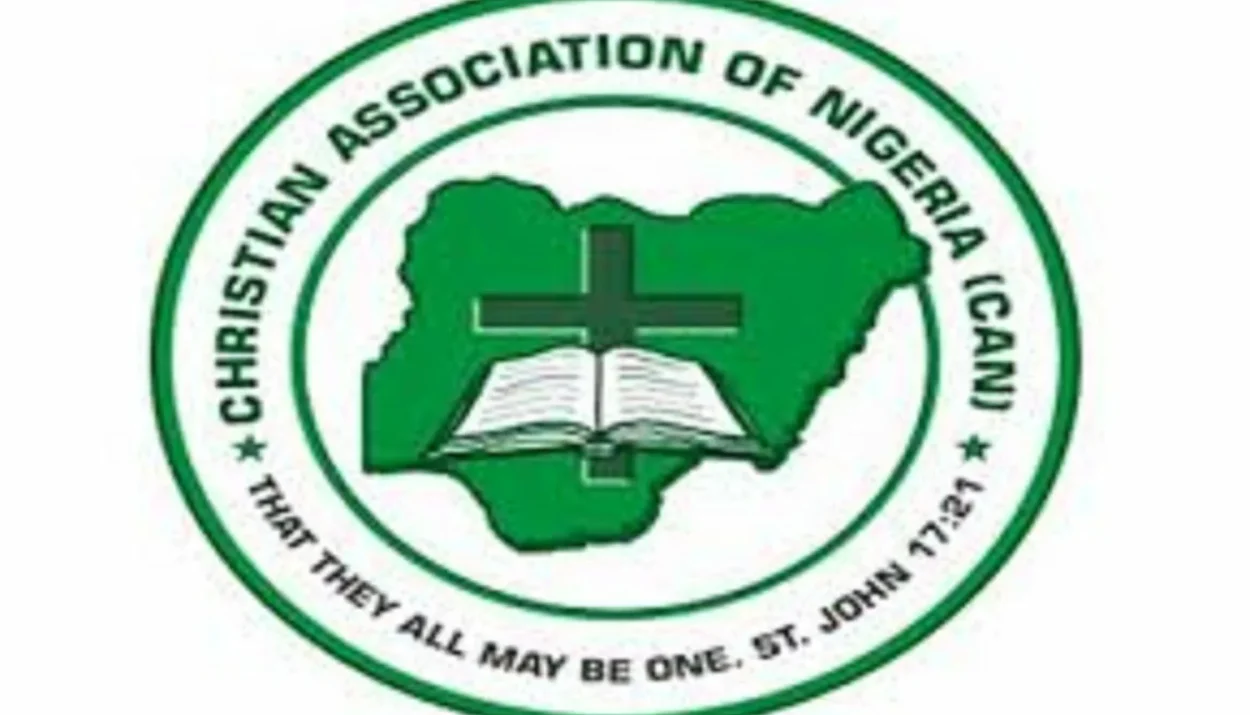The Abia State chapter of the Christian Association of Nigeria (CAN) has strongly condemned the state government’s imposition of taxes on church signposts. CAN, which represents the Christian community in Abia, expressed its displeasure in a letter dated October 22, 2024, urging Governor Alex Otti to reconsider the policy, which they believe unfairly targets churches.
In the letter signed by CAN State Chairman, Rev. Ojo Ojo Uduma, and State Secretary, Rev. Dr. Francis E. Okere, the group stressed that Abia, often referred to as “God’s own state,” is the only state in Nigeria where such a tax is levied on churches. This, they argue, sets a dangerous precedent, especially in a predominantly Christian state.
“We write to express our displeasure over the state government policy of compelling churches to pay taxes on their signposts,” the letter read. “It is regrettable that Abia is the only state in the whole federation taxing churches for such. As a Christian state, this is troubling.”
CAN leaders further warned that the policy could be perceived as anti-Church and urged the governor to engage in dialogue with Christian leaders to find a more amicable solution. They proposed a roundtable discussion with government officials to address the issue and avoid tensions between the Christian community and the state.
The association made it clear that while they remain supportive of the government’s broader agenda, policies that could affect religious institutions need to be carefully weighed, especially in a state where Christianity plays a significant cultural role.
This call for the reversal of the church signpost tax follows rising concerns among religious leaders that the policy might open doors for further taxation on religious activities. Many Christians see the church as a sanctuary from economic and social pressures, and such a tax could be seen as an undue burden on already financially-strained religious bodies.
The church tax debate has ignited strong reactions on social media, with many voicing their opposition to the policy, further putting pressure on the Otti administration to review its stance. As the state government works toward increasing its internally generated revenue, balancing fiscal policies with public sentiment is becoming a challenge.
CAN’s letter concludes by assuring Governor Otti of their continued support and prayers, but insists that the tax issue be resolved promptly to avoid escalating tensions within the Christian community.





